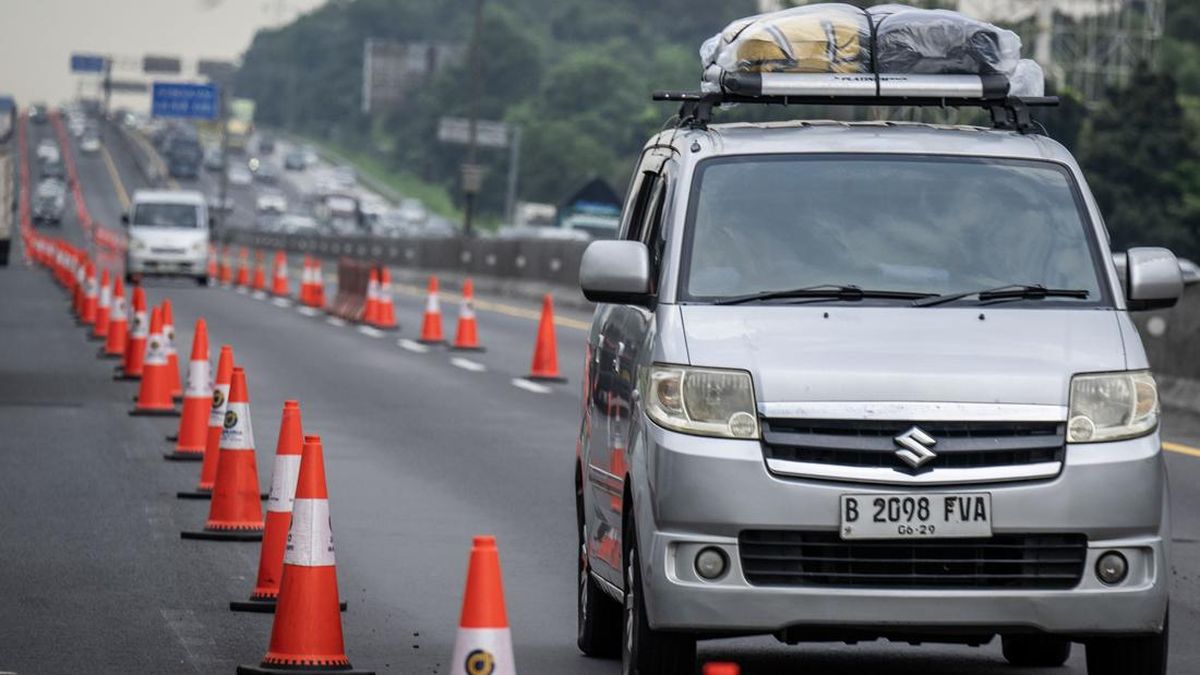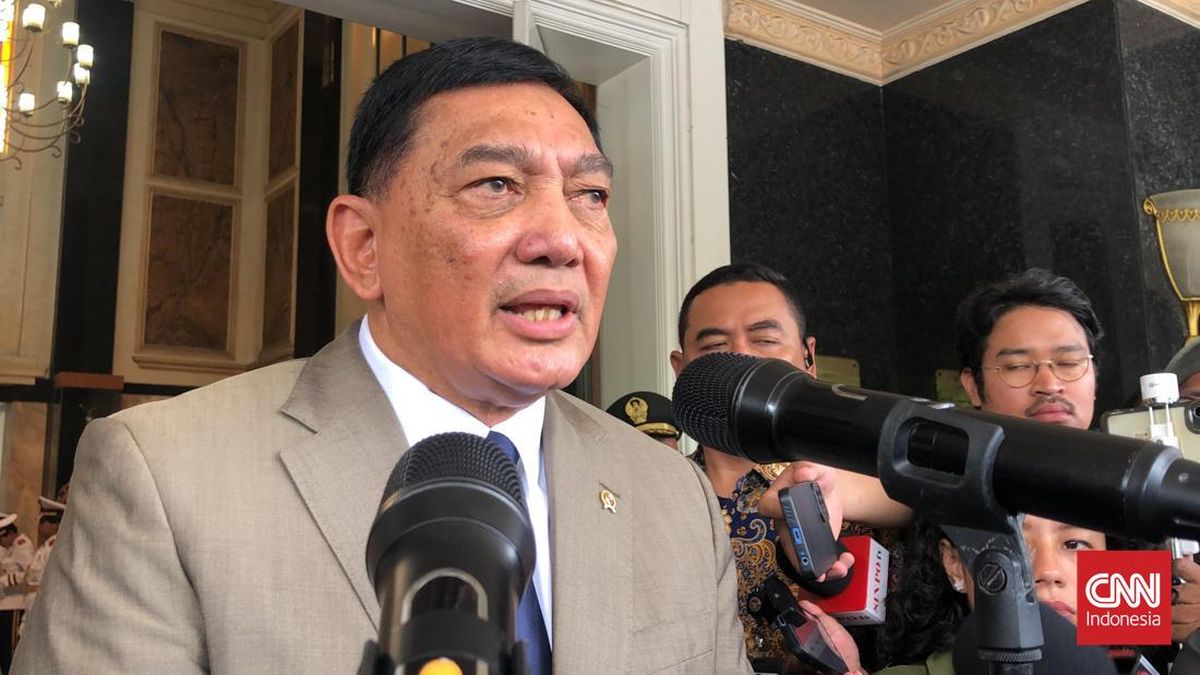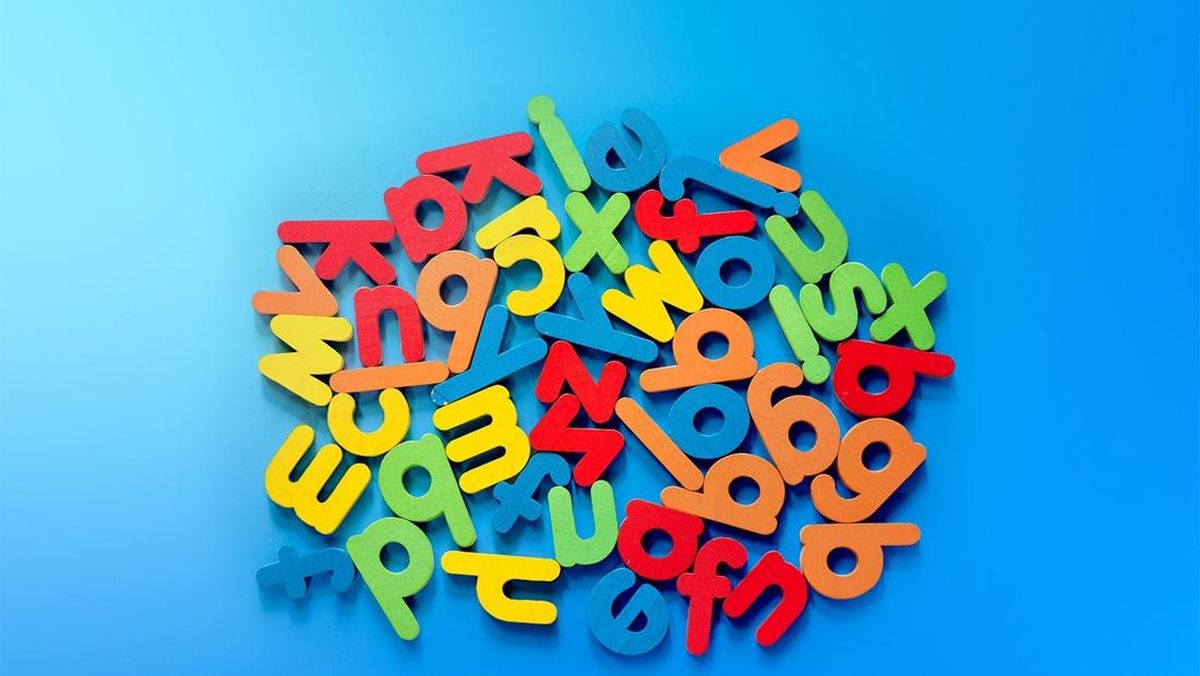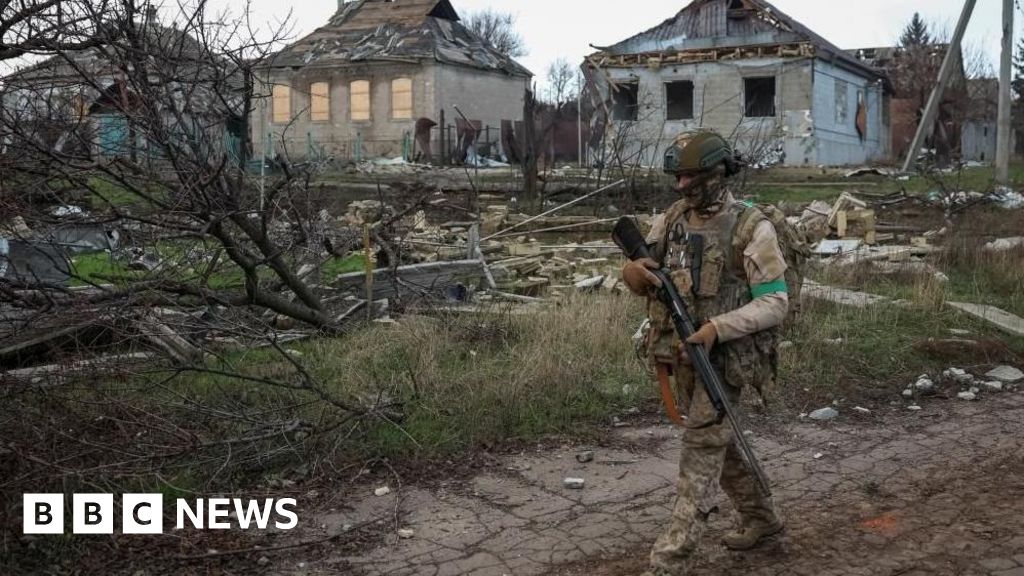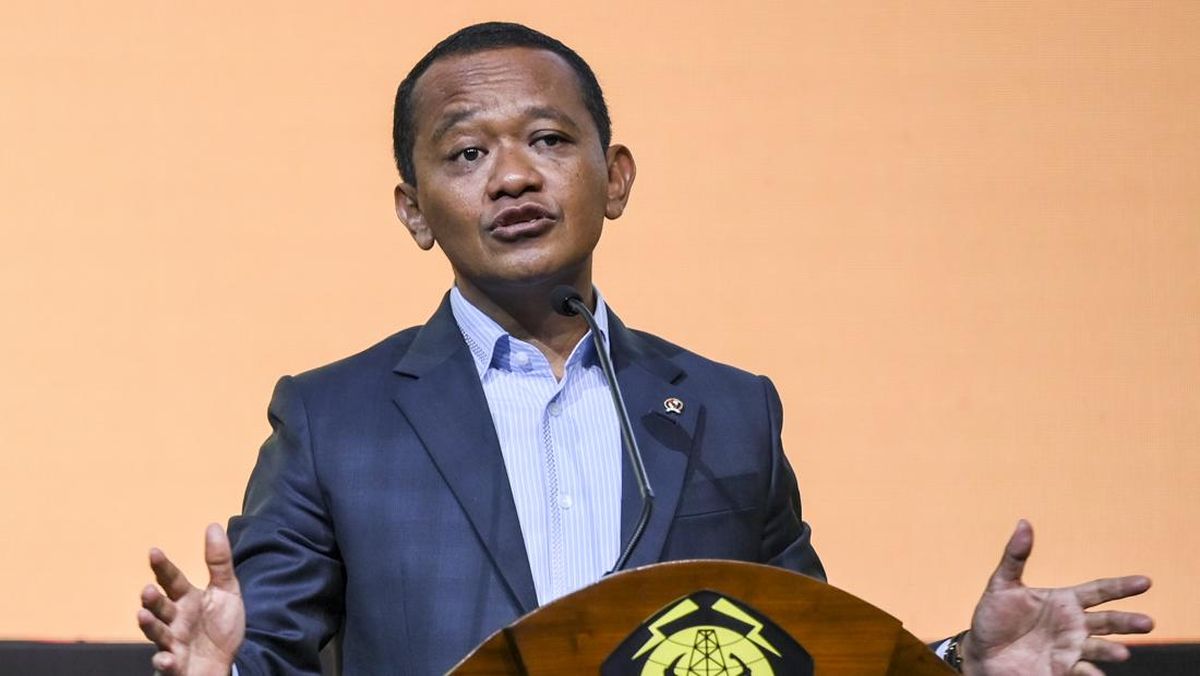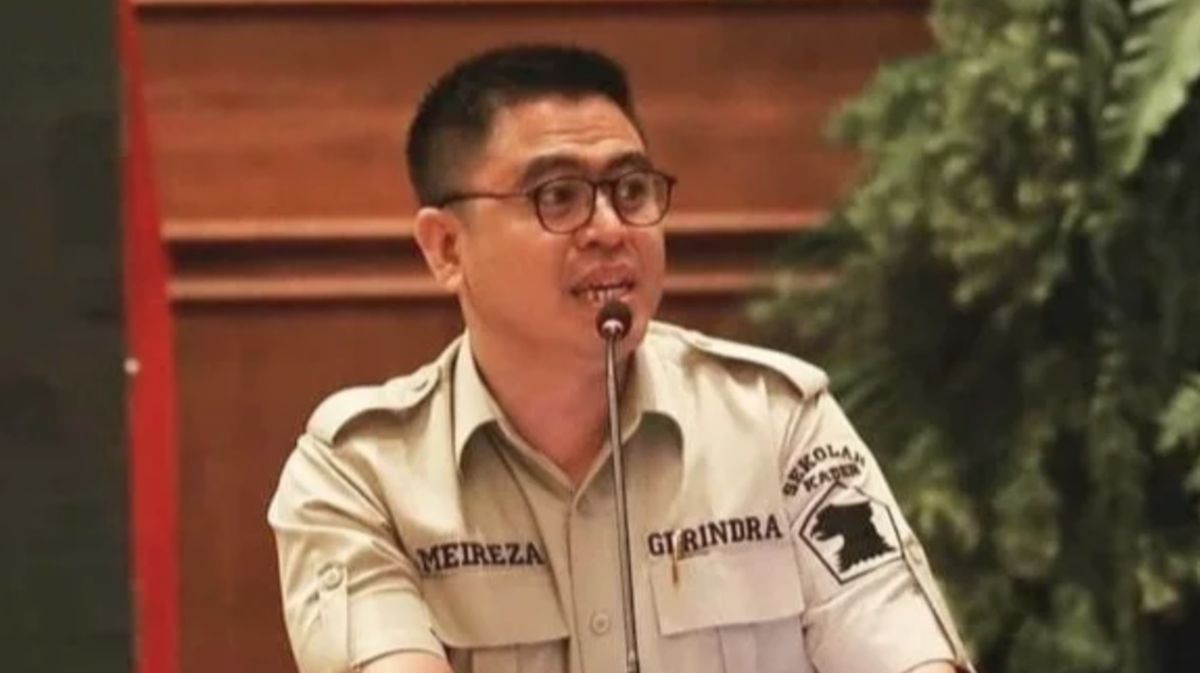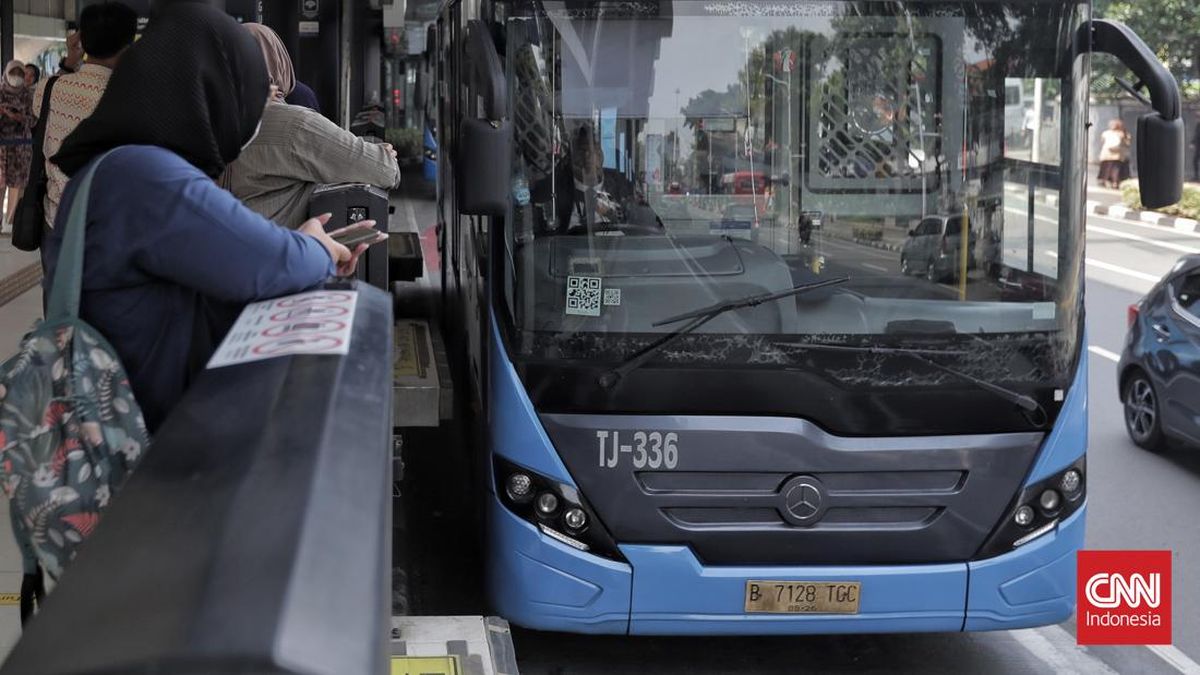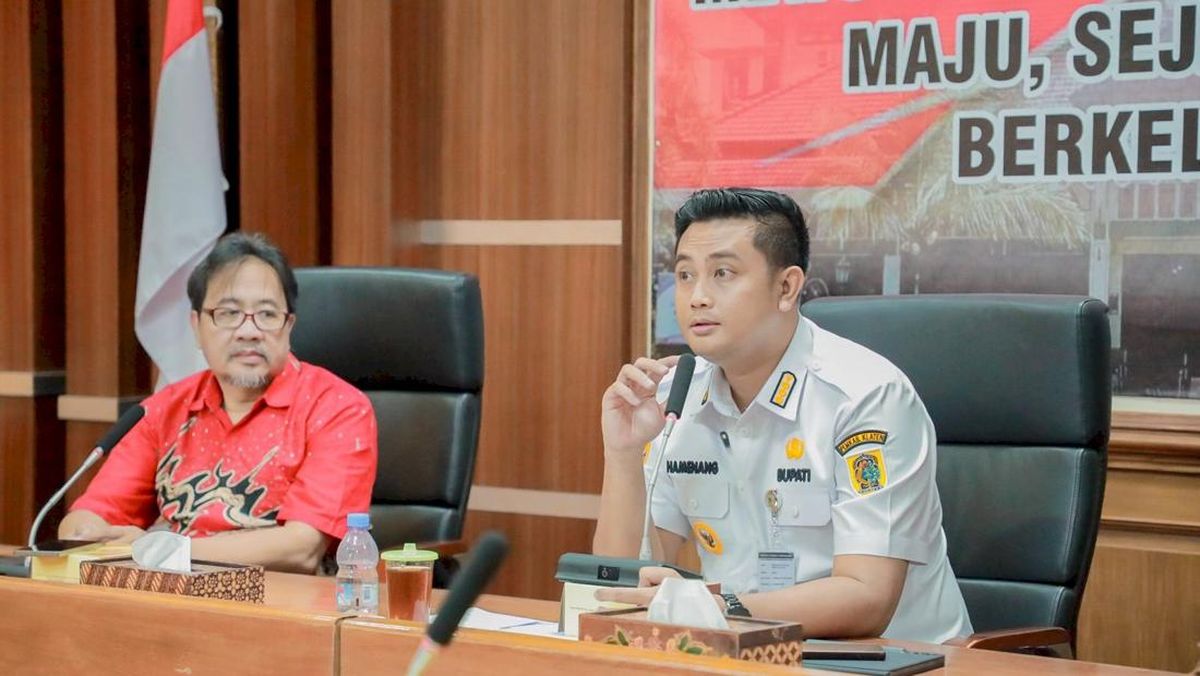Australians often talk about tall poppy syndrome, but Jack Toohey thinks we need another word for the way we cut down people who care. “It’s so ingrained in our culture: ‘No worries, she’ll be right.’ We just go with the flow and that’s the default. If you go against the flow or actually very proudly and loudly say that you care about people, and you care about the planet, that is the new counterculture. It’s cringe to care.”
Toohey, an advertising creative director-turned-activist, isn’t an optimist, but he does have a lot of hope for the future. So much so that he’s done one of the most hopeful things a person can do these days: he’s written a book about it. Better Things Are Possible makes the case for a radical belief that flies in the face of the apathy and pessimism that characterises so much of our culture right now.
Toohey went viral a few years ago with a video comparing the Australian housing markets of 1983 and 2023. It was funny, eye-opening and timely enough to rack up more than 20 million views.
When he was first contacted by publishers interested in any other big ideas he might want to explore, he thought he had about enough for a children’s book. They sat him down over coffee to pick his brain, however, and he found himself rambling for more than two hours.
“We went from the housing crisis to mental health, to gender stuff, to climate change, to the state of media and politics. I guess the core thread that was weaving between all those things was that I did believe that we could do better in all those areas. And I did believe that they were connected in a lot of ways.”
Better Things Are Possible is a work of rare breadth, jumping from supply chains to consent to biodiversity to neoliberalism. It makes for an excellent argument that these apparently disparate issues in fact relate to one another in complex ways. The emergence of the so-called manosphere, for example, is bound up with algorithmic economies, mental health, financial inequality and the cult of personality.
Despite the title, Toohey’s book is far from a Pollyanna-esque screed promising that she’ll be right, mate. He doesn’t shy away from describing just how messed up some corners of contemporary life are, and admits how daunting these problems can seem.
But one of the concepts he promotes is radical acceptance. “It’s this idea of accepting all of the world’s f--kedness and all of the things that you can’t change, everything that is bad about your life, and just accepting that that’s the reality. You can stop ruminating on this idea, ‘Why me? Why is it so unfair?’ or ‘Why is the world so fucked up?’, actually just accept it as it is, and then move beyond that to start working on the things that you can change.”

Toohey isn’t an optimist, but he does have a lot of hope for the future.Credit: Flavio Brancaleone
The book contains a wealth of practical things we can do to address problems big and small, but Toohey doesn’t situate himself as a hero. If anything, he warns us to be wary of people who claim to have all the answers. Instead of subscribing to anyone who promises a quick fix for all of the world’s ills, his book consistently returns to the notion that building up communities and connections is the way forward.
That’s why some of the most scathing sections are directed towards social media. He’s aware there’s an irony in attacking the thing that brought him fame – that led to the book itself – but the net effect of social media has been so dire that he couldn’t leave it out of the picture.
“So many doors have been opened for me because of social media. But I balance that against the immeasurable harm on the whole of society, the whole world, and all of us as individuals. We can’t know how it’s fried our brains, but we know that it has fried our brains.”
What he finds most troubling is how the platforms we once used to share pictures of our new dog now just feed us sponsored content intended to enrage us. “Social media is designed to atomise us and give us our own little slice of false reality.,” he says. “That’s really good for social control, but it’s not very good for connection.”
The 32-year-old doesn’t position himself as an expert in any of the fields he discusses – in fact, his X profile describes him as “jack of all trades, master of none”. After high school he became a commercial filmmaker, shooting video clips, music festivals, ads for TV and social media. “It was storytelling in a very capitalistic marketing kind of way.”
At the same time he began to grow increasingly curious about the larger forces that structure our experience, and did something kind of admirable: he started talking to people who knew more than he did.
TAKE 7: THE ANSWERS ACCORDING TO JACK TOOHEY
- Worst habit? It’s a tie between arriving 45 minutes early to everything and ranting about negative gearing at family gatherings.
- Greatest fear? That we’ll sleepwalk past climate tipping points without taking to the streets in big numbers (again).
- The line that stayed with you? “If it is to be, it is up to me,” which I’ve somewhat butchered in the book by crossing out “me” and rewriting it as “us”. I heard it at 12 and have tried to live by it ever since.
- Biggest regret? Not starting therapy in my early 20s, and not returning after that first attempt in my mid-20s.
- Favourite book? Sand Talk by Tyson Yunkaporta. It rewired how I think about systems, community, and our natural world. The solutions to some of our biggest problems have been here all along, passed down from generation to generation of Indigenous peoples since time immemorial. The artwork/song you wish was yours? Angie McMahon’s Like A Version of Australian Crawl’s Reckless. I’m not sure I wish it was mine, but I definitely wish there was more music like it. Protest and poetry.
- If you could time travel, where would you choose to go? The late 1970s, to uproot neoliberalism before it ever had the chance to grow. I’d probably drop in to the 1977 Centenary Test at the MCG while I was there too.
This is the approach that runs throughout Toohey’s book. He deals with complicated, seemingly intractable problems by sitting down with the people who are already working on solutions. “I guess it really comes back to my ability to tell a story and to make it consumable,” he explains. “You probably aren’t taught that in an economics degree or as an atmospheric scientist. People that are experts in their field aren’t necessarily the best at explaining something. I hope I’m able to bridge that gap between the expert and the everyday punter.”
His own experiences are woven into the book’s fabric, too. A particularly intimate moment arrives when Toohey describes a mental health crisis he underwent that came out of nowhere. “I’ve only told that story verbally probably four or five times. So that was pretty cathartic to write down. I sent it over to the publisher, and they’re like, ‘You know you don’t have to do this? You don’t have to put this in here.’ And I was like, ‘I think it’s important to’.”
It’s a massive tonal shift to be unpacking the Australian economy on one page and exploring suicidal ideation on the next, but Better Things Are Possible reflects the way that we can’t compartmentalise these facets of our lives. Radical acceptance that our homes, our minds, our wallets and our relationships might all be interconnected runs throughout Toohey’s writing.
At times, he points the finger at politicians or celebrities who promote dangerous myths or break the basic social agreements societies require to function. But he says he would rather spend his energy lifting people up and motivating them to share the hopefulness he strives for.
Loading
Connection, again, is at the heart of that aspiration, and not the sort we’re promised online. “My dream job is probably doing Back Roads on ABC. Getting to go to random country towns and meet the locals and have a yarn. I would like to extend beyond social media as much as possible.”
That’s also why something so old-fashioned as a book appealed to its author. “I wanted to build something that lasts outside the algorithms. That’s physical, that people can sit and read by the ocean or a river or on the bus or the train or whatever,” he says.
“Their phone’s probably still pinging while they’re doing that but it exists in a real space. These are real issues for real people. And that’s important.“
Better Things Are Possible (Allen & Unwin) is out now.
The Booklist is a weekly newsletter for book lovers from Jason Steger. Get it delivered every Friday.

